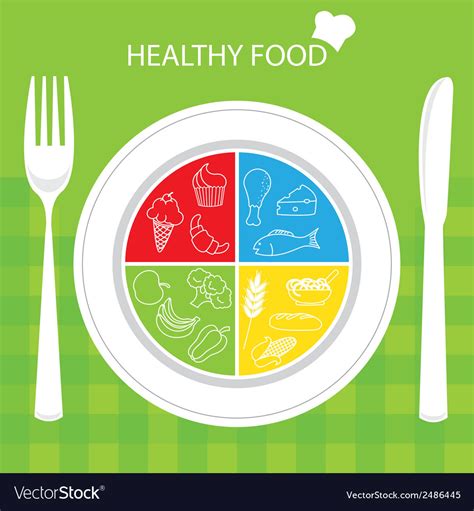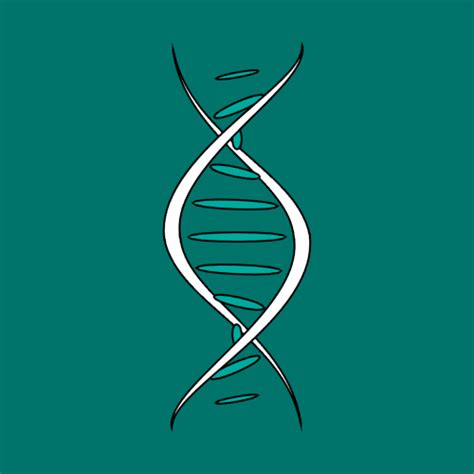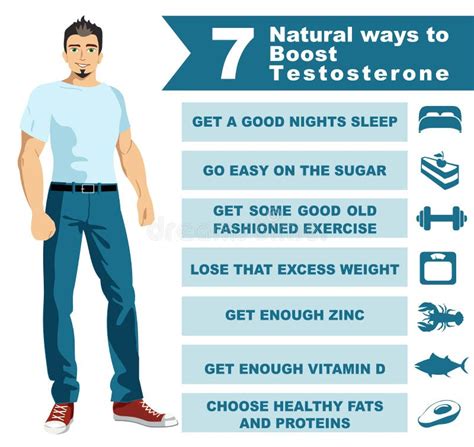Understanding Testosterone and Its Importance
Testosterone, the primary male sex hormone, plays a crucial role in men’s health, influencing everything from muscle mass and bone density to mood, energy levels, and sex drive. As men age, testosterone levels naturally decline, but various lifestyle factors can also contribute to suboptimal levels, regardless of age. Fortunately, there are several practical, evidence-based ways to naturally boost testosterone production without resorting to synthetic solutions.
Prioritize Strength Training and High-Intensity Interval Training (HIIT)
Exercise is a powerful natural testosterone booster. While all forms of exercise are beneficial, resistance training (weightlifting) and high-intensity interval training (HIIT) appear to be particularly effective. Strength training, focusing on compound movements like squats, deadlifts, bench presses, and rows, stimulates muscle growth and, consequently, testosterone release. Aim for 3-4 sessions per week with adequate recovery.
HIIT, characterized by short bursts of intense exercise followed by brief recovery periods, has also been shown to significantly increase testosterone levels. Incorporating both types of training into your routine offers a comprehensive approach to exercise-induced hormone optimization.

Optimize Your Diet for Hormone Health
What you eat directly impacts your hormonal balance. A diet rich in whole foods, healthy fats, adequate protein, and micronutrients is essential for natural testosterone production. Conversely, processed foods, excessive sugar, and unhealthy trans fats can negatively affect levels.
- Healthy Fats: Include sources like avocados, nuts, seeds, olive oil, and fatty fish (salmon, mackerel). These provide the raw materials for hormone synthesis.
- Protein: Ensure sufficient protein intake from lean meats, poultry, fish, eggs, and legumes to support muscle repair and growth, which is linked to testosterone.
- Micronutrients: Zinc and Vitamin D are critical. Zinc can be found in oysters, red meat, poultry, and beans. Vitamin D can be obtained from sun exposure, fatty fish, and fortified foods. Consider supplementation if levels are low.
- Avoid Processed Foods: Limit highly processed foods, refined carbohydrates, and sugary drinks, which can contribute to inflammation and insulin resistance, both detrimental to testosterone.

Ensure Adequate, Quality Sleep
Sleep is not merely rest; it’s a vital period for bodily repair and hormone regulation. Chronic sleep deprivation can significantly reduce testosterone levels. Studies suggest that getting less than 7-8 hours of quality sleep per night can lead to a substantial drop in testosterone. Aim for 7-9 hours of uninterrupted, restorative sleep each night.
To improve sleep quality, establish a consistent sleep schedule, create a dark and quiet bedroom environment, avoid screens before bed, and limit caffeine and alcohol intake in the evenings.

Effectively Manage Stress Levels
Chronic stress elevates cortisol, the body’s primary stress hormone. High cortisol levels can directly suppress testosterone production. In a biological trade-off, the body prioritizes survival (cortisol response) over reproductive functions (testosterone production) when under constant stress.
Implementing stress-reduction techniques can be highly beneficial. This includes practices such as meditation, yoga, deep breathing exercises, spending time in nature, engaging in hobbies, and maintaining strong social connections. Finding healthy outlets for stress can help keep cortisol in check and support optimal testosterone levels.

Review Lifestyle Habits and Environmental Factors
Several other lifestyle and environmental factors can impact testosterone levels:
- Limit Alcohol Consumption: Excessive alcohol intake has been shown to decrease testosterone. Moderate consumption is generally considered acceptable, but heavy drinking should be avoided.
- Maintain a Healthy Weight: Obesity, particularly abdominal fat, is strongly linked to lower testosterone. Losing excess weight through diet and exercise can significantly improve hormone levels.
- Avoid Endocrine Disruptors: Certain chemicals found in plastics (BPA, phthalates), pesticides, and personal care products can mimic or block hormones, negatively impacting testosterone. Opt for glass containers, choose organic produce, and select natural personal care products when possible.
- Stay Hydrated: Adequate water intake is fundamental for overall health and cellular function, indirectly supporting hormone production.

Conclusion
Boosting natural testosterone levels is not about a single magic bullet, but rather a holistic approach to health. By consistently incorporating strength training and HIIT, prioritizing nutrient-dense foods, ensuring quality sleep, effectively managing stress, and being mindful of environmental factors, men can significantly improve their testosterone production. These practical steps contribute not only to healthier hormone levels but also to enhanced overall vitality, well-being, and quality of life.




